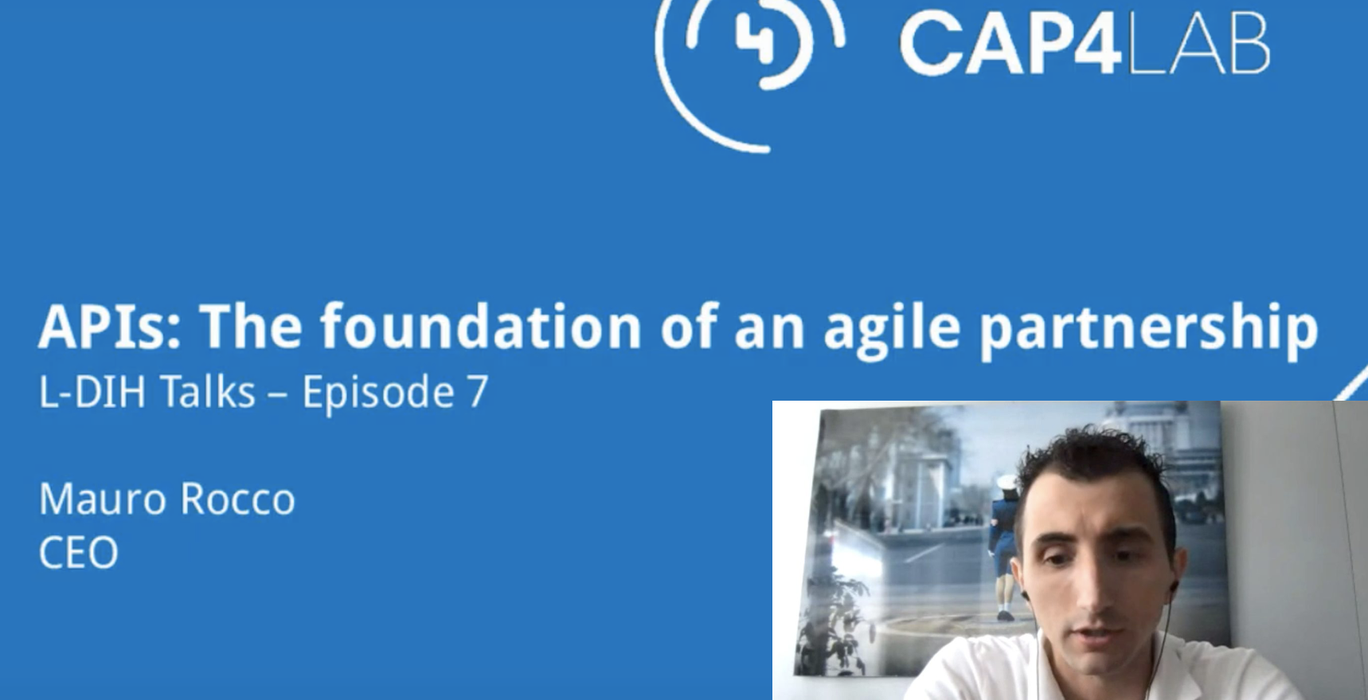Mauro Rocco stressed the importance of implementing a real strategy around programming interfaces (APIs, application programming interfaces). That is to say, the programmed interfaces that allow to define interactions with several other software (or data exchanges with other servers and web applications).
“It’s not just a question of implementing a technology, but we also pay attention to the organisational and change management aspects,” he explained. “In this context, training and redeployment of resources are essential.”
In the industrial field, web APIs are used at several levels: to collect data to feed preventive maintenance algorithms, to improve exchanges between different departments of a company to increase their efficiency or to feed real-time production reports in heterogeneous machine environments and protocols.
“But there is still reluctance in the industry when it comes to data access,” says Mr Rocco. “Opening up access to your data doesn’t mean giving it away. On the other hand, adopting an API strategy can open up new sources of revenue. In any case, it’s the first step to fostering a productive partnership and to better exchange and communicate effectively with suppliers or contractors.”
Setting up APIs is not, however, an easy task, and here too, upskilling and reconversion of resources are essential success factors. “But then there is a need for an educational framework that is better adapted to needs, particularly in terms of distance learning opportunities.”
